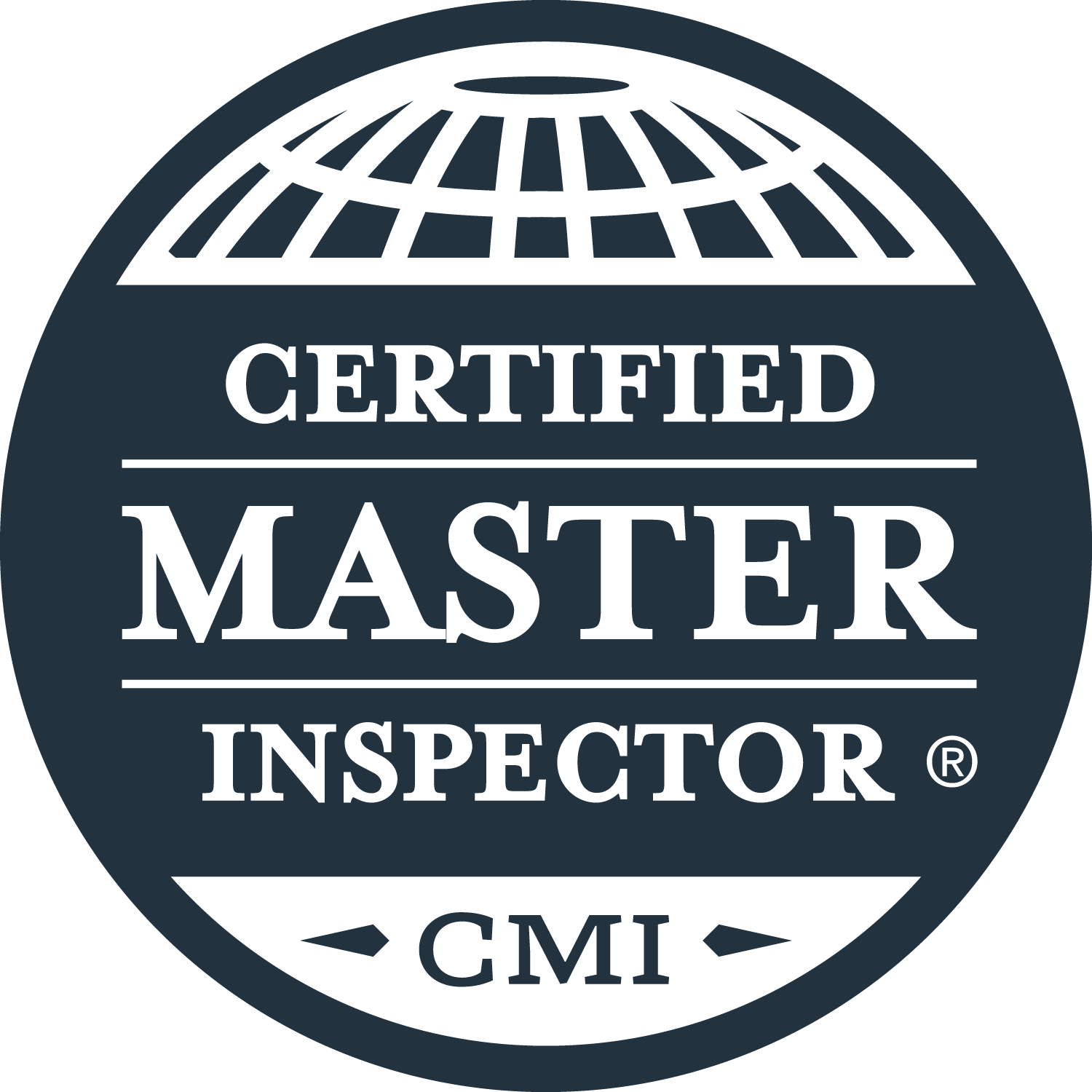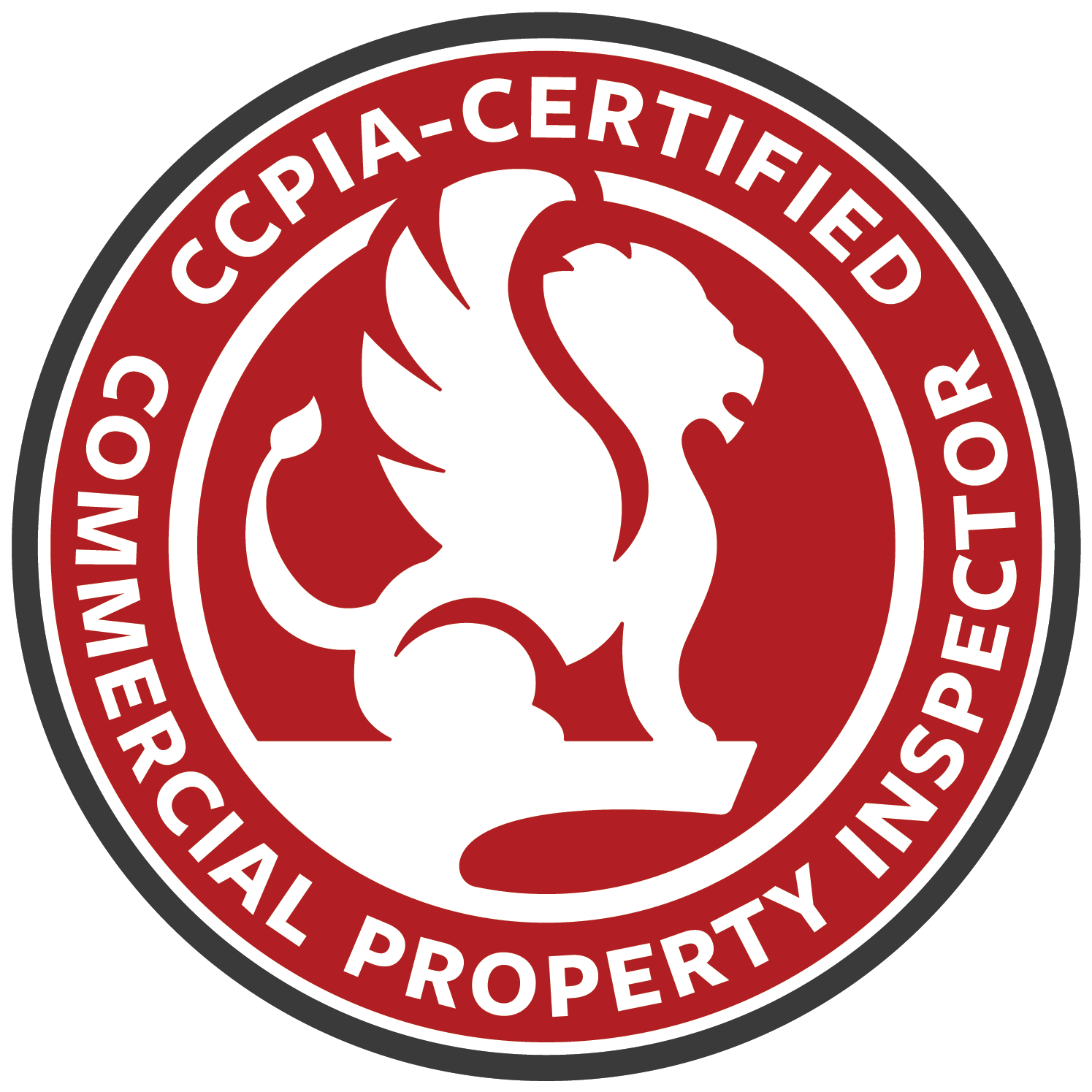336-989-8185
Trusted
Experienced
Professional
Services
The Inspection Co. offers various inspection services.
Residential Inspections
A residential home inspection is a thorough examination of a property's condition, typically conducted before a home is bought or sold. The purpose of the inspection is to assess the overall condition of the home, identify any potential issues, and provide a detailed report to the interested parties, such as the buyer or seller.
During a home inspection, a qualified inspector examines various components of the property, including:
1. **Structural Components:** This includes the foundation, walls, roof, and overall structural integrity of the building.
2. **Exterior:** The inspector checks the exterior elements such as siding, windows, doors, and the condition of the landscaping.
3. **Roofing:** The inspector evaluates the condition of the roof, looking for signs of damage, leaks, or the need for repairs.
4. **Plumbing System:** This involves checking the plumbing for leaks, proper functionality, and the condition of pipes and fixtures.
5. **Electrical System:** The inspector examines the electrical system, ensuring that wiring, outlets, and the main electrical panel meet safety standards.
6. **Heating, Ventilation, and Air Conditioning (HVAC) Systems:** This includes inspecting the furnace, air conditioning units, and ventilation systems to ensure they are functioning properly.
7. **Interior Spaces:** The inspector examines the interior components of the home, such as walls, ceilings, floors, and the condition of doors and windows.
8. **Insulation and Ventilation:** The inspector assesses the insulation in the attic and walls, as well as the ventilation in the attic and other relevant spaces.
9. **Appliances:** While not always included in a standard inspection, some inspections may involve checking the condition of major appliances like the stove, dishwasher, and water heater.
After the inspection is complete, the inspector provides a detailed report outlining the findings, including any potential issues or recommended repairs. This information can be crucial for buyers to make informed decisions about whether to proceed with the purchase, negotiate repairs, or reconsider the deal. For sellers, it provides an opportunity to address issues before listing the property or adjusting the asking price accordingly.
Commercial Inspections
A Commercial Property Condition Assessment (PCA) is a comprehensive evaluation of the physical condition of a commercial property. It is often performed by a qualified professional, such as an engineer or a building inspector, and is typically associated with real estate transactions, property acquisitions, or financing processes. The primary purpose of a Commercial Property Condition Assessment is to provide a detailed report on the condition of the property, outlining any existing or potential issues that may impact its value or performance.
Here are key components typically included in a Commercial Property Condition Assessment:
1. **Site Inspection:** This involves evaluating the exterior features of the property, including the condition of the land, parking areas, sidewalks, landscaping, and drainage.
2. **Structural Assessment:** The structural integrity of the building is examined, including the foundation, walls, floors, roof, and other elements.
3. **Mechanical Systems:** Inspection of HVAC (heating, ventilation, and air conditioning) systems, plumbing, electrical systems, and other mechanical components to ensure they are in good working order.
4. **Roof Inspection:** Evaluation of the roof's condition, including its age, material, and any signs of damage or leaks.
5. **Interior Assessment:** Examination of the interior spaces, looking for issues such as water damage, and the overall condition of finishes and fixtures.
6. **Accessibility Compliance:** Checking for compliance with accessibility standards, such as those outlined in the Americans with Disabilities Act (ADA).
7. **Environmental Concerns:** Assessment for potential environmental hazards, such as the presence of asbestos, lead-based paint, mold, or other contaminants. (Additional fee)
8. **Review of Maintenance Records:** Examination of available maintenance records to understand the property's history and identify any recurring issues.
The results of the Commercial Property Condition Assessment are typically documented in a detailed report. This report provides a comprehensive overview of the property's condition, including any immediate or long-term maintenance or repair needs. This information is valuable for buyers, sellers, lenders, and investors in making informed decisions regarding the property.
It's important to note that the specific scope of a Commercial Property Condition Assessment can vary, and it may be customized based on the needs of the client, the type of property, and industry standards.
Types of Inspections
Buyer's Inspection
This happens after a buyer has made an offer on a home and before closing the sale. After the inspection, the buyer can renegotiate their offer if issues arise. This allows the buyer to make sure they are paying a fair price before they make the big final decision.
New Construction
A New construction home inspection is a thorough examination of a newly built or recently constructed home after the completion of the construction process. This type of inspection is conducted to assess the quality and condition of the various components and systems within the house to ensure that they meet the required standards and specifications.
11th Month Builder Warranty
Just before the builder’s warranty expires, this inspection is carried out. It is very important to find defects in the home that may have happened during the homeownership process and may have not been found before. This helps the homeowner to avoid paying out of pocket for the defect.
4-Point Inspection
This is completed to assess the tools that insurance underwriters and insurance companies use to determine risk. The components inspected include the electrical system, plumbing system, roof and structure, and HVAC system. This identifies the key areas that most commonly result in insurance claims.
Re-inspections
No matter who does the work, improper repairs are common in real estate transactions. A re-inspection is performed if the buyer has doubts about the quality of work being performed and to ensure that any repairs made by the seller are completed.
Pre-listing/Seller Inspections
Before someone places their property on the market, this inspection can provide the seller with upfront information about the condition of the property. This allows them more control over repairs and may strengthen their negotiating position. It communicates to potential buyers that the seller is operating in good faith.
Pre-drywall Inspections
While a home is being constructed, this inspection is performed for clients who want an objective, honest, and professional opinion on the quality and installation practices being used in their home. It ensures that building defects are not being concealed and that the homeowner is aware of them.
Home Maintenance Inspections
This is designed to look for routine maintenance or any repairs that may have gone overlooked. It helps to identify any seemingly minor problems with the home that could be hazardous or expensive to fix in the future.
Loan Draw Inspections
Inspectors will visit the worksite to evaluate the progress against what has been reported. This inspection validates that all work items and materials included are in place. This also can assist in calculating the appropriate release of funds.




